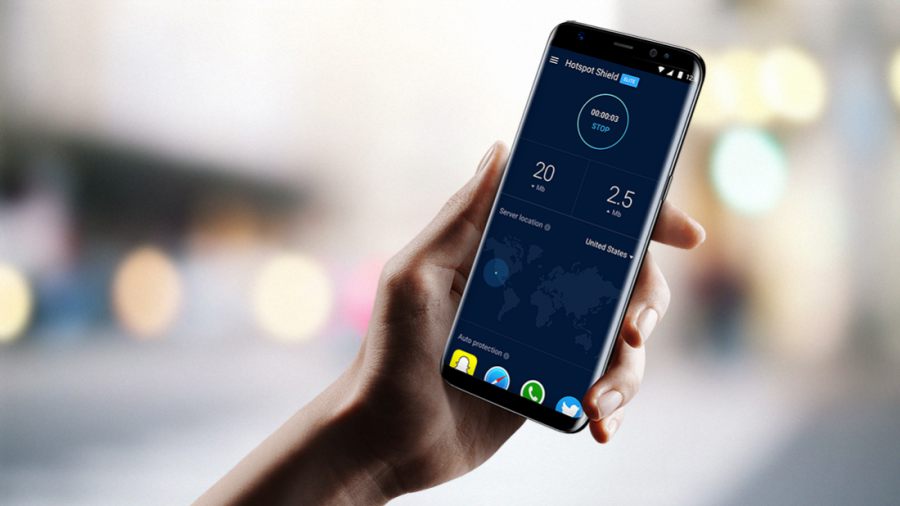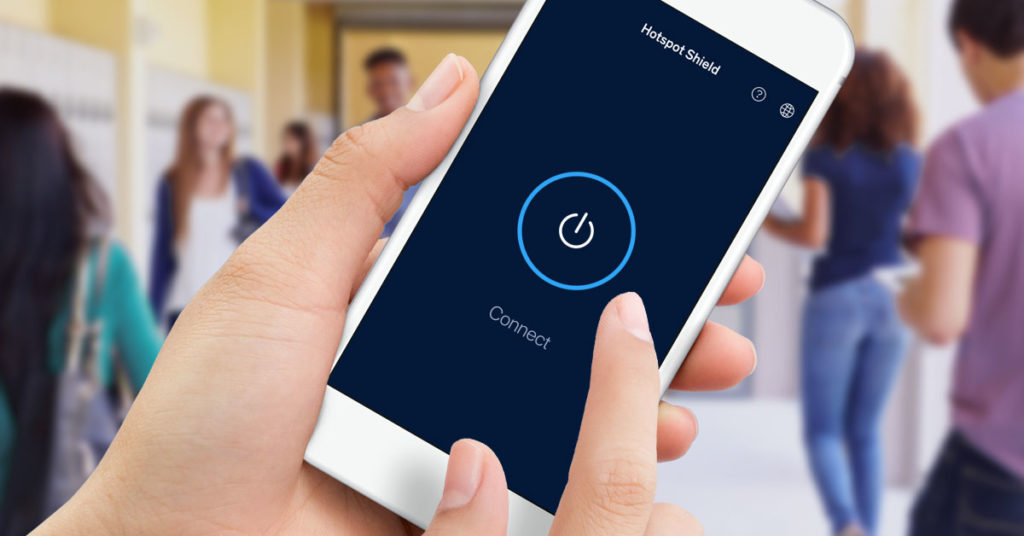How to get a Finnish IP address
The easiest way to improve your digital privacy is to switch your IP address using a VPN. We’ll …

If you’re like most people, you probably don’t think about your IP address too much. Heck, you may not even know what an IP address is.
Here’s why it matters.
Your IP address, or Internet Protocol address, is a number that identifies your network and network hardware. In other words, this number is your device’s identity when on a WiFi network and indicates where that device is physically located. Think of it, then, as your physical address. When you change WiFi networks, your IP address changes too—again, highlighting where your device is as if you’re being tracked on “Find my Friends.”
Now, not everyone would want their physical address plastered around the internet for all to see. The same can be said for your IP address. But it’s not just for privacy reasons, there are many situations in which you may want to conceal your IP. Here are some reasons why:
One reason to hide your IP address is to conceal your identity. You can do this via encryption. For example, if you are being stalked, or want privacy and security from large corporations, Internet Service Providers, government agencies, or even hackers, hiding your IP address is a vital form of protection. We’ll show you how to hide your IP address later in the article.
Another reason to hide your IP address is to stream content anywhere you want. This is great if you travel to other countries, which often block access to certain sites, including your favorite games or streaming services like Netflix or YouTube. By using a VPN to ‘spoof’ your IP and therefore location, you can access content from abroad—like sports, games, social media apps, and more.

Hiding your IP address also helps to keep you and your data safe on public WiFi connections. When you connect to a shared public WiFi network, like you’d find at a coffee shop or airport, your device is visible to anyone connected to that same network—and by device, that means your mobile phone or tablet, not just your laptop. It’s imperative to protect all of your devices by hiding their IP address, that way you can be sure a hacker can’t intercept your traffic. Again, more on how to do this soon…
When you hide your IP address, it also keeps you safe from any snoopers looking for information about you. You’d be shocked at how many trackers are out there seeking information on your browsing history, your location, what you like and what you don’t, along with sensitive information like your health and financial data. This info is often collected and sold to data brokers and advertisers, and there can be upwards of 30 different trackers placed on every app and website you visit.
How many sites do you visit in a day, week, or month? You do the math. That’s a lot of trackers following you.
Now, hiding your IP address alone won’t prevent all of these trackers from snooping on you. For that, you’ll need to block web trackers in parallel. But masking your IP will certainly help.
If you have restrictions on your school or work network, you can access any game, site, or app you want by hiding your IP address. You can also avoid censorship so you’ll always stay connected.
Throttling is where your Internet Service Provider (or ISP) slows down your connection to certain sites — like Netflix, for example. Since the FCC scrapped Net Neutrality regulation that prevented ISPs from deprioritizing traffic to certain websites and services, research has shown that ISPs are indeed now throttling content to numerous sites. By hiding your IP address, your ISP won’t know what site or service you’re trying to visit. And if it doesn’t know, it can’t throttle your content.
Finally, you will have more freedom to do what you want on the internet. After all, the internet was created for everyone to use, regardless of where you are in the world. The internet should remain free from censorship, free from prioritization, and free from data harvesting. By hiding your IP address, you’re not only protecting your privacy and security but you’re enabling your basic human rights to a free and open internet.

There are a few ways to hide your IP, and none of them are difficult. The easiest way is to use a VPN (our Hotspot Shield service lets you do this free of charge).
Having downloaded the free Hotspot Shield app, you simply press the ‘connect’ button and instantly your real IP address will be switched out for a fake one. You can even select which country your new IP should be located in, helping you access content from other locations. Using a VPN is recommended by practically every security and privacy expert on the planet.
Like your home address, your device’s IP is something you should be aware of—and consider concealing. Given it’s free to do so and takes nothing more than a click of a button, taking control of your online privacy and security and enabling access to content around the world, might just be the smartest thing you do today.

